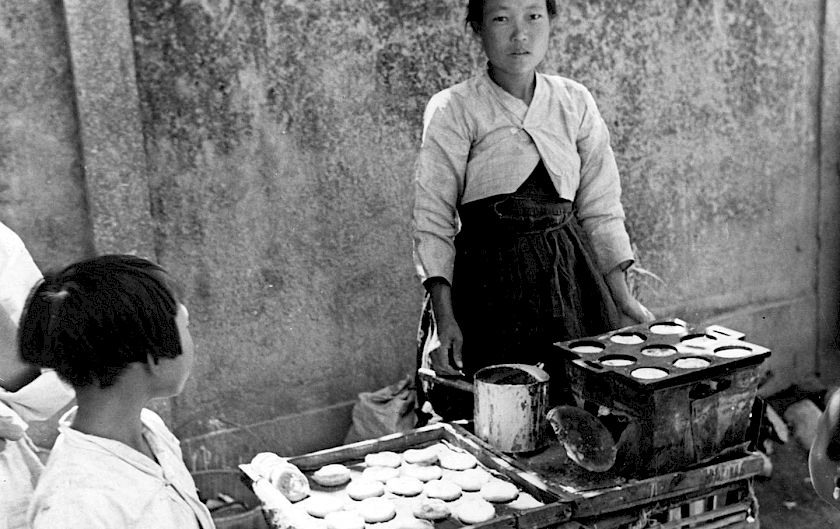What We're Reading This Week

Credit: Afro American Newspapers / Gado / Getty
Hayley Keon, University of Hong Kong
E. Tammy Kim, “Apparitions: Grace M. Cho’s memoir of food and empire,” The Nation
In her review of Grace M. Cho’s recent book, Tastes like war, E. Tammy Kim discusses the centrality of food to diasporic memory, while also mediating upon the trauma and loss of migration.
Jill Lepore, “When Black History is unearthed, who gets to speak for the dead?” The New Yorker
In her article for The New Yorker, Prof. Jill Lepore highlights the work being done to rescue African American graveyards from destruction and, in the process, underscores the complex legacies that histories of oppression continue to wreak on places of mourning in the present.
Yangyang Chen, “The West sees China as a ‘threat,’ not as a real place with real people,” The Guardian
In her opinion piece for The Guardian, Yangyang Chen unpacks the perils of representation as they exist in China Studies within the United States, examining the limitations of a field prone to oversimplification and the erasure of diverse narratives.
Nicholas Sy, University of the Philippines Diliman
Paul Edwards, “Syukuro Manabe - Session I,” American Institute of Physics
Syukuro Manaba receives the Nobel Prize in Physics this week. In this 1998 interview by Paul Edwards, Syukuro retraces his steps along an academic journey from postwar Japan to the United States, candidly describing graduate school insecurities and an unfavorable job market.
Currency and Empire, “Archive Map”
This seminar convened by principal investigators Emma Park and Gustav Peebles presents a crowdsourced data visualization of archival resources on the study of monetary policy, race, and power.
Christina Novakov-Ritchey, “Peasant artists and communist praxis in interwar Yugoslavia,” Age of Revolutions
As “anti-capitalist and anti-colonial revolutions erupted across the globe between the two World Wars” and “a shared diagnosis of . . . exploitation and abuse” led to a politically-engaged collaboration between the art collective Grupa Zemlja and the peasant artists of the Hlebine School.